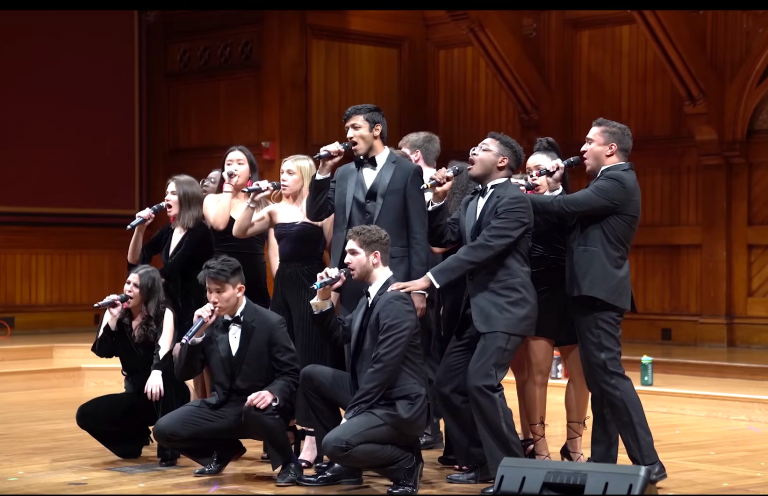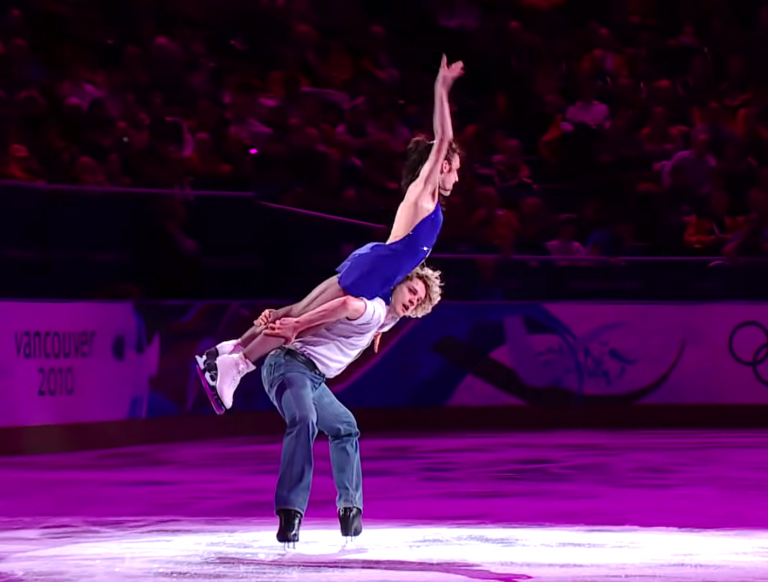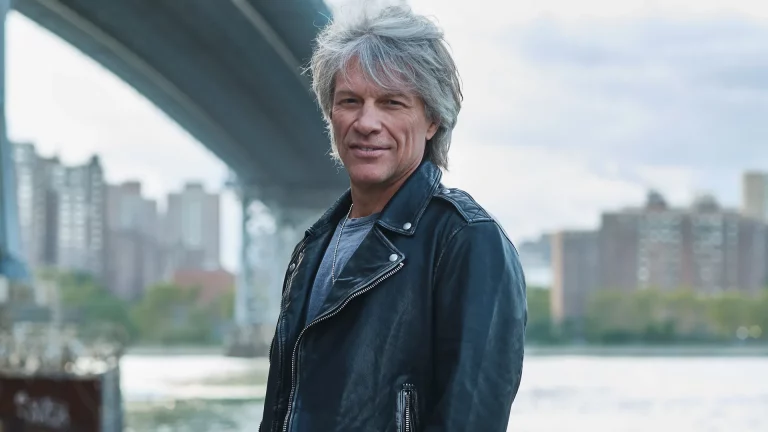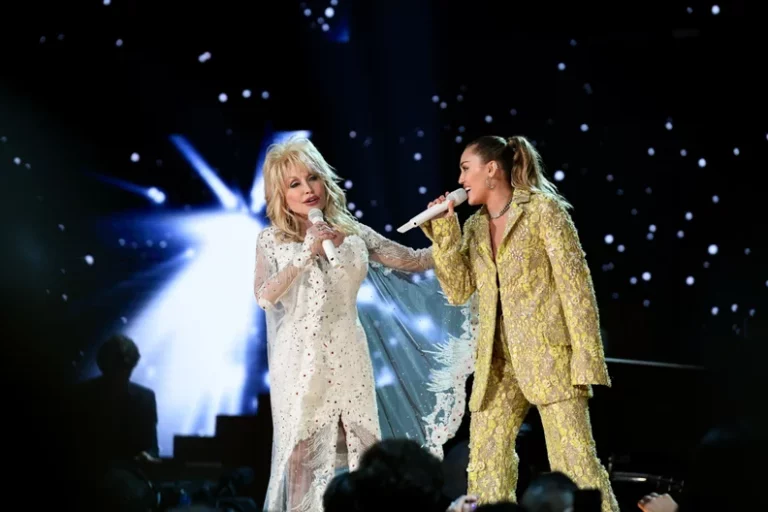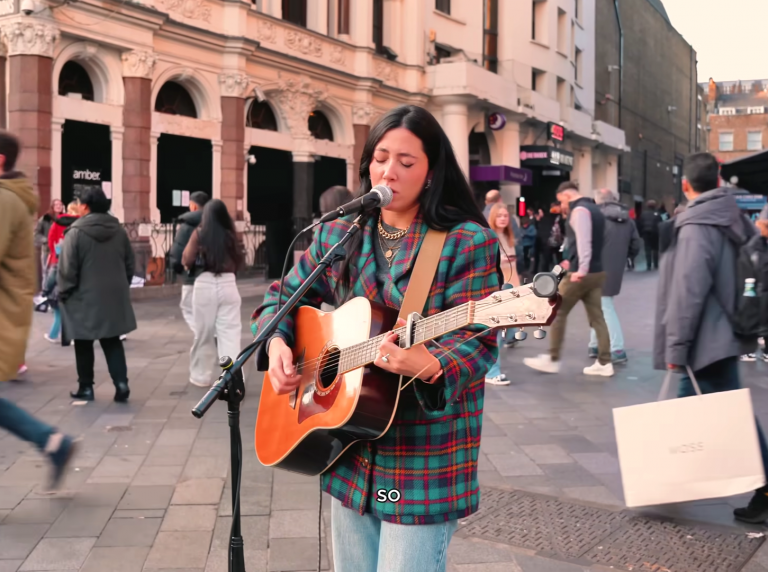Oona and Gage Brown brought raw emotion and quiet power to the ice with their stunning skate to “Nothing Else Matters,” the iconic Metallica ballad, featuring vocals by Marlisa. From the very first notes, their performance felt intimate and deeply connected, pulling the audience into a story told through movement rather than words.
Skating in perfect harmony, the sibling duo used smooth lifts, soft edges, and expressive choreography to match the song’s haunting melody and emotional weight. Every glide and turn reflected the meaning of the music—love, trust, and vulnerability—showing a maturity beyond their years. Instead of relying on big, flashy tricks, Oona and Gage focused on feeling, letting the music breathe through their skating.
What made the performance truly special was how naturally they connected with each other. Their chemistry on the ice felt honest and unforced, making each moment more powerful. As Metallica’s timeless lyrics echoed through the arena, the Browns proved that sometimes simplicity and emotion matter more than anything else.
Their skate to “Nothing Else Matters” was not just a routine—it was a moving tribute to music, connection, and the art of storytelling on ice.
Oona and Gage Brown’s performance to “Nothing Else Matters” stood out not only for its emotion, but also for its bold musical choice. Skating to a Metallica classic is never easy, yet the siblings embraced the song’s slow build and deep meaning with confidence and control. The version featuring Marlisa’s vocals added a soft, modern touch, allowing their choreography to feel both powerful and gentle at the same time.
Throughout the routine, Oona and Gage showed impressive timing and musical awareness, matching their movements perfectly to the rise and fall of the music. Their clean transitions, strong lifts, and smooth footwork highlighted their technical skill, while their facial expressions and body language brought the story to life. The performance felt polished, but still emotional and sincere.
What truly elevated the skate was their ability to connect with the audience. Every moment felt intentional, drawing viewers into the music and making the final pose especially memorable. Their “Nothing Else Matters” skate proved that Oona and Gage Brown are not just talented athletes, but thoughtful performers who know how to turn a song into a powerful moment on the ice.


